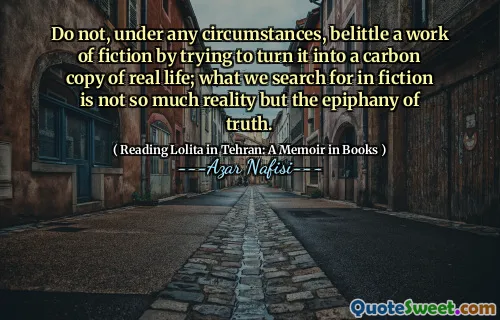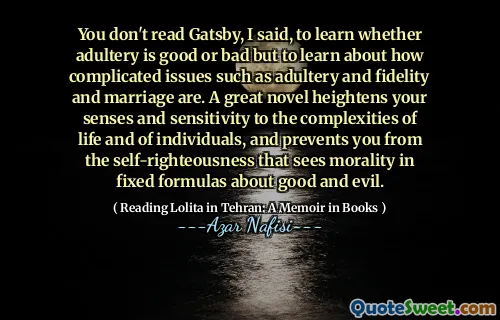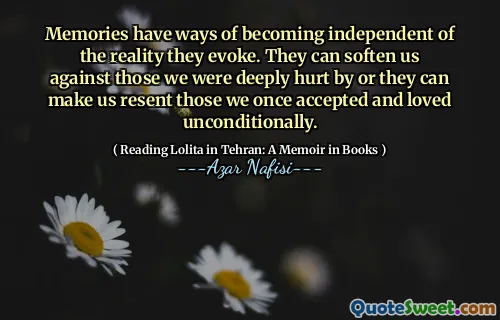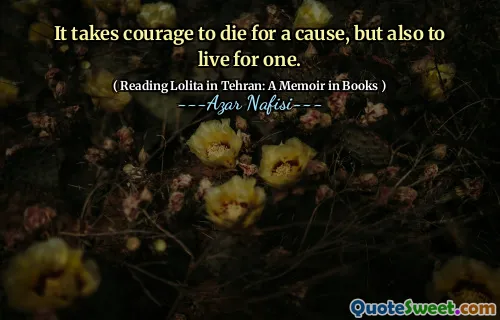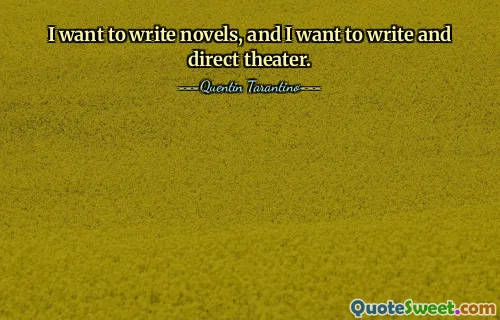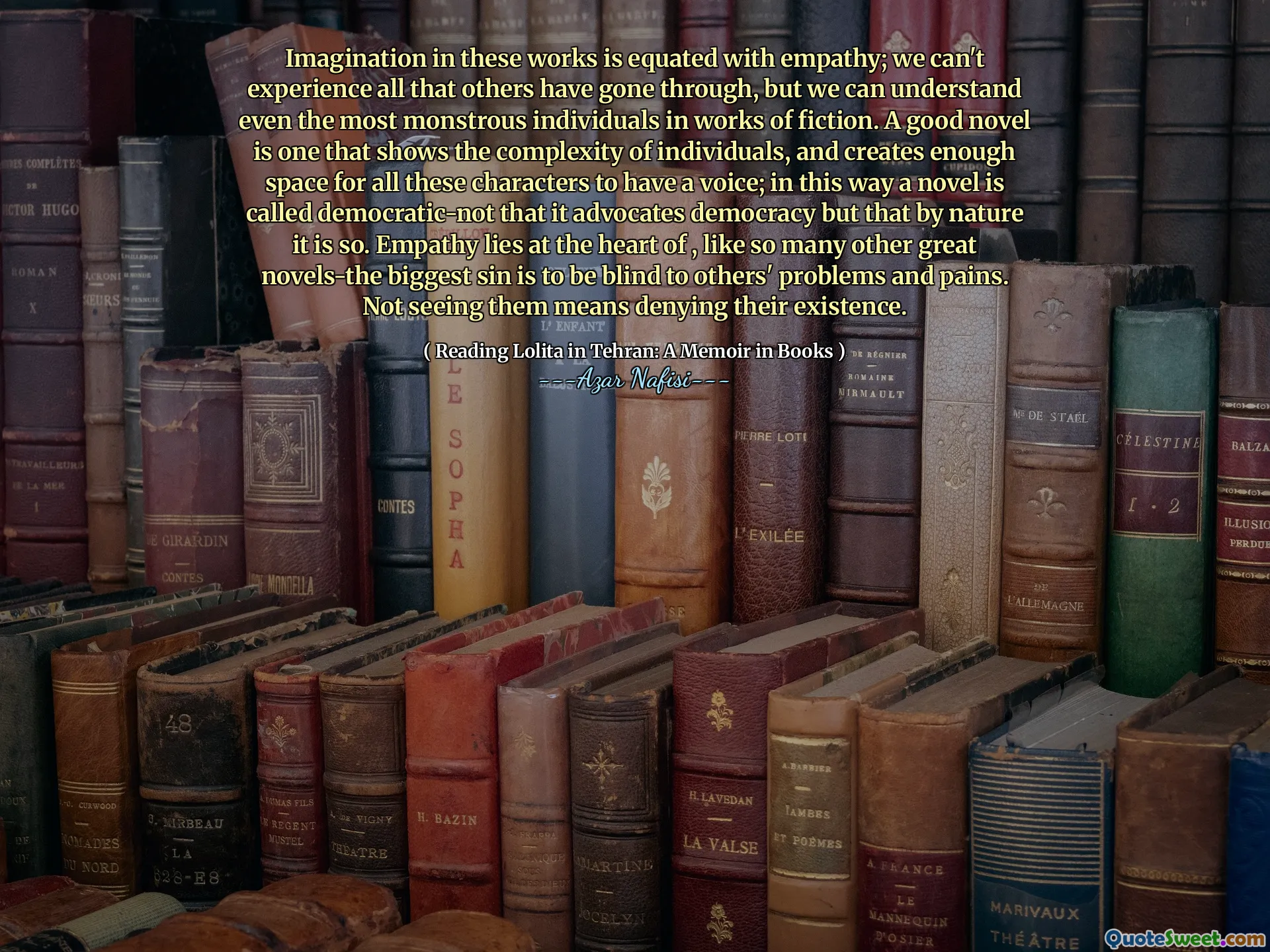
Imagination in these works is equated with empathy; we can't experience all that others have gone through, but we can understand even the most monstrous individuals in works of fiction. A good novel is one that shows the complexity of individuals, and creates enough space for all these characters to have a voice; in this way a novel is called democratic-not that it advocates democracy but that by nature it is so. Empathy lies at the heart of , like so many other great novels-the biggest sin is to be blind to others' problems and pains. Not seeing them means denying their existence.
📖 Azar Nafisi
In Azar Nafisi's "Reading Lolita in Tehran," imagination is closely linked to empathy, suggesting that while we can't fully experience others' lives, literature allows us to comprehend even the most complex characters. A well-crafted novel provides a platform for diverse voices, portraying individuals with nuance and depth. This democratic quality of storytelling invites readers to engage with different perspectives and emotions.
Nafisi emphasizes that true empathy is essential in literature; the inability to recognize and understand the struggles of others is seen as a significant moral failing. By fostering awareness of others' hardships, novels instill a sense of responsibility towards our fellow beings, highlighting that ignoring others’ pain effectively invalidates their existence.

